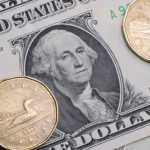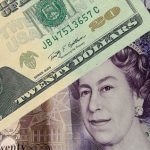Japanese yen increased against most of its major peers, as Japanese Prime Minister Shinzo Abes plan for economic growth was not supportive to Japanese shares. Topix index of stocks extended losses to more than 2% and this caused yen to rally against the US dollar and the euro. Meanwhile, US dollars gained positions from yesterday were vaporized, as speculation appeared that FED will reduce scale of stimulus program.
“The yen is swayed by the movement in equity prices,” said Akira Moroga, manager of foreign-exchange products at Aozora Bank Ltd. He also added, “Stocks which rose in anticipation of Abe’s growth strategy were sold off after the announcement lacked any concise measures.”
Prime Minister Shinzo Abe proposed the third arrow of economic revival plan, which is expected to build on fiscal and monetary stimulus. Japanese yen rallied, while domestic shares fell, after Abe announced that loosening rules for businesses will not begin in the coming months.
Additionally, yesterday Kansas City Fed President Esther George encouraged reduction in FED easing policy, with growth picking up the pace. San Francisco Fed President John Williams said that a “modest adjustment downward” in bond purchases was possible “as early as this summer.”
The yen advanced by 0.4% to 99.61 per dollar during early European session in comparison to yesterday, when it slipped by 0.5%. Japan’s currency hit 98.87 on June 3rd, the highest since May 9th. Meanwhile, the euro was little changed, with EUR/USD pair at 1.3087. The single currency dipped by 0.4% against the yen, as EUR/JPY fell to 130.34.
The Dollar Index, which Intercontinental Exchange Inc. uses to track the performance of US dollar against currencies of six trading partners of the United States, dropped by 0.1% to 82.679.





